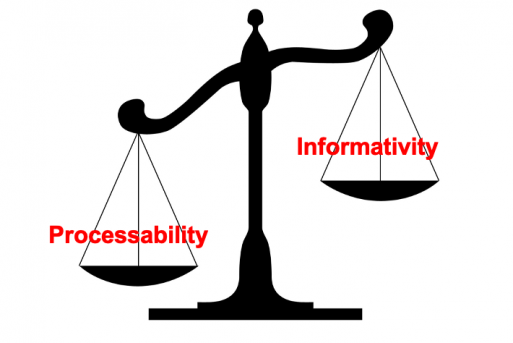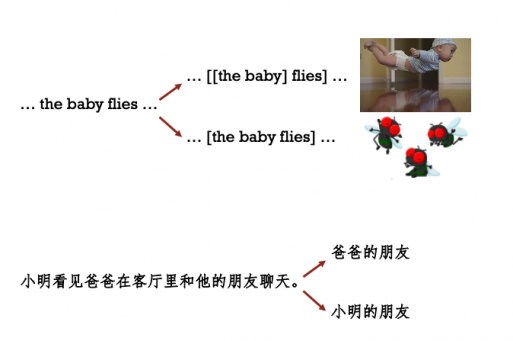
Dr. Angela Xiaoxue HE

Contact Information
Tel: 3411-7168
Email: angelahe-axh@hkbu.edu.hk
Website: https://sites.google.com/view/angelaxiaoxuehe
Assistant Professor Department of English and Literature
- ETHICAL AND THEORETICAL AI and SYSTEM HEALTH
Dr. He received her Ph.D. in Linguistics from the University of Maryland, specializing in first language acquisition. After graduation, she did her postdoctoral training in the Department of Speech, Language and Hearing Sciences at Boston University, and then in the School of Philosophy and the Department of Linguistics at the University of Southern California. Before joining HKBU, she worked as a Research Assistant Professor at the Brain and Mind Institute at the Chinese University of Hong Kong.
She studies the human language––how it is structured, how it is learned by human babies, and how it is used by human adults. She considers language as a window into the human cognitive system. Her goal is to better understand the human mind and its development, and her tool, is language.
The field she is in is by nature interdisciplinary, driven by wisdom from linguistics, psychology, philosophy, neurosciences, computer sciences, communication sciences, and many others. This is why she has made several stops at different departments/institutes. In her work, she always takes an interdisciplinary approach, and she always looks forward to interdisciplinary collaboration. Expertise from different areas makes one and one greater than two.
Project Highlights

Less is more
Children are genius language learners, but they are limited in their language processing abilities. Sometimes, for young children, less information is better. This project seeks to find the optimal language input that achieves a balance between informativity and processability.

Sleep to remember
Sleep has been shown to have a memory consolidation effect. This also applies to early language acquisition, though poorly recognized. Children take long nocturnal sleeps and frequent daytime naps. If wisely used, these “resting” periods could be potential language learning boosters. This project investigates the subtleties of sleep’s role in early language acquisition
Perceive the world
Language has meaning––words pick out concepts. How we perceive and conceptualize the world is closely related to how we learn and use language. This project studies how children and adults perceive the world around them (e.g., which elements are foregrounded/backgrounded in a given event.)

Resolve the ambiguity
Language is full of ambiguities––one word may have two meanings; one sentence can be interpreted differently. This project investigates how humans resolve linguistic ambiguity in different circumstances. Relevance to machine ambiguity resolution may be drawn down the road.

